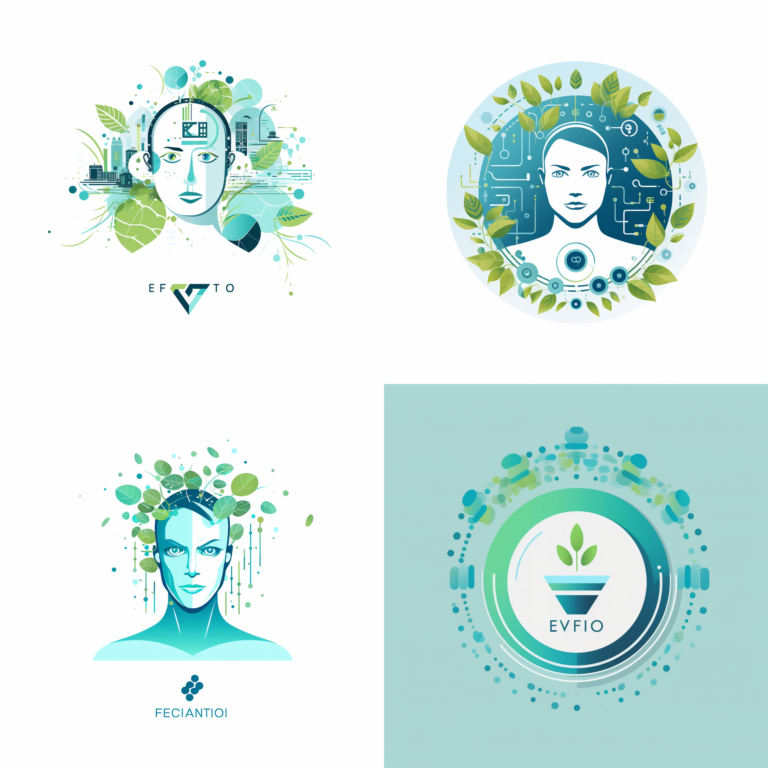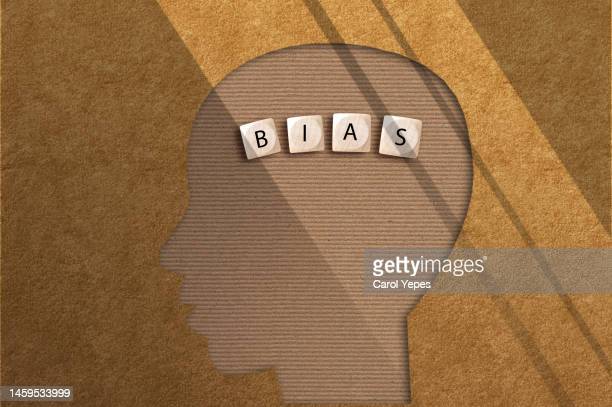
Anchoring bias, a cognitive bias, affects our decision-making process by giving undue importance to the first piece of information we receive, known as the anchor. This psychological phenomenon significantly influences various aspects of our lives, from personal choices to financial decisions and professional judgments.

the Ethics of using AI in mental health diagnosis is of utmost importance. Privacy and data security must be upheld, while bias and fairness need to be actively addressed. Respecting informed consent and patient autonomy ensures their involvement in decision-making. Striking the right balance between AI and human involvement is crucial for responsible and ethical implementation.

Bias and fairness in AI are critical issues that demand attention. AI algorithms can inadvertently encode biases, leading to discriminatory outcomes. Ensuring fairness in AI decision-making is essential to mitigate harm and uphold ethical standards. Transparency, diverse data, and algorithmic fairness techniques play crucial roles in addressing biases and promoting a more inclusive and equitable AI ecosystem.



